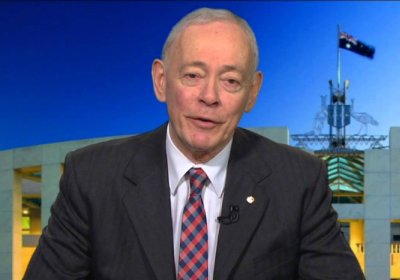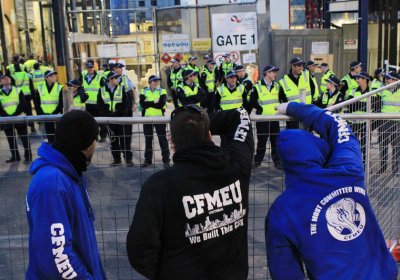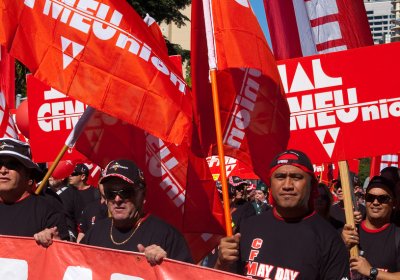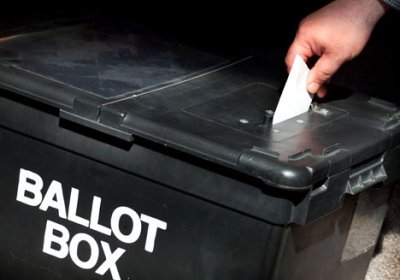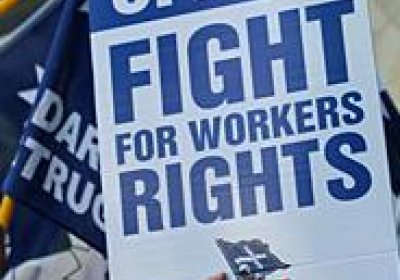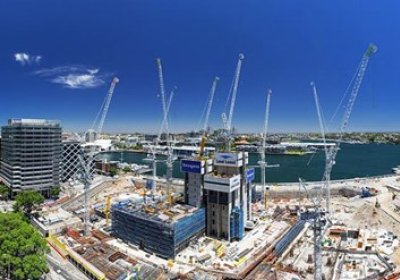A panel of union militants will lead a discussion about the new challenges facing unions and unionists in the wake of the passing of the federal Coalition government's Australian Building and Construction Commission and other anti-union laws.
Australian Building and Construction Commission (ABCC)
A cloud hangs over the annual picnic day for workers in the construction industry and their families, due to the passage of the bill to revive the Australian Building and Construction Commission (ABCC).
Former Prime Minister John Howard’s Building Industry Taskforce was established in 2002 — a child of the Cole Royal Commission. The ABCC was established by the Howard government in 2005, once it had achieved a majority in the Senate.
Family First Senator Bob Day finally resigned from the Senate on November 1 “effective immediately”, in a major setback for the federal government's plan to revive the controversial, anti-union Australian Building and Construction Commission (ABCC).
Day first announced his intention to resign on October 17, after his housing businesses were placed into liquidation. He then suggested he might stay on until November so he could vote on the ABCC bill and other legislation.
The Australian Building and Construction Commission (ABCC) and Registered Organisations bills passed in the House of Representatives on October 18. These bills, first introduced by the Tony Abbott government in 2013, were twice rejected by the Senate, triggering the double dissolution election earlier this year.
This is the latest attempt to extend the John Howard era’s union busting agenda. The ABCC was first established by the Howard government in 2005, targeting the militant unions that covered workers in the construction industry. It was opposed by the union movement.
In all the media hype about Malcolm Turnbull's recalling of parliament in April and talk of a double dissolution election, it is easy to lose sight of the “trigger” — the Australian Building and Construction Commission bill (ABCC bill). I recently heard an ABC Radio National commentator talking about the use of the ABCC bill as the trigger.
- Previous page
- Page 3
- Next page


